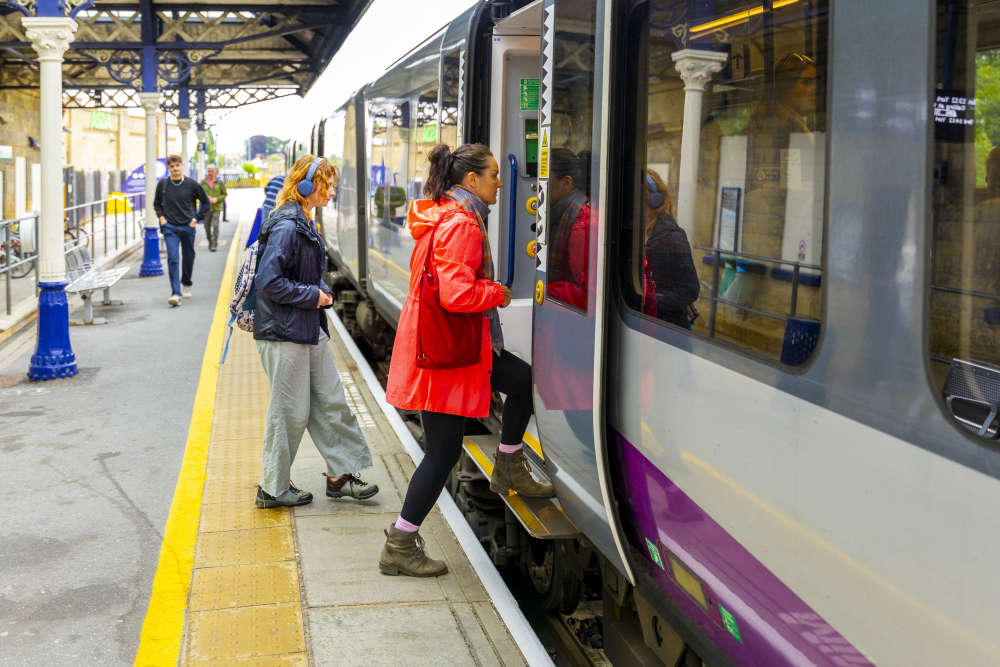
Drivers in Greater Manchester could have to start paying each time they charge their electric vehicles from next year.
Customers can currently pay £20 per year, or download a free mobile app, to use the Greater Manchester Electric Vehicle (GMEV) charging network, which was introduced in 2013.
But it has been suggested that it would be ‘financially unsustainable’ for it to remain free at the point of use as electric vehicle ownership continues to grow.
An extra bill requiring users to pay for electrical charge per kilowatt hour (kWh) is now being considered by regional leaders, with the aim of rolling it out in early 2020.
There are two chargers with varying speeds on the GMEV network. Fast chargers deliver between 7kW and 22kW, while rapid chargers are quicker and deliver between 43kW and 50kW.
Under the proposals it would cost £10 – 25p per kWh – to charge a Nissan Leaf electric car using a fast charger and £14 – 35p per kWh – with a rapid charger.
Despite the additional cost it would still be cheaper than spending just under £21 to fuel a Ford Focus petrol car to travel the same distance.
A report by Eamonn Boylan, chief executive of the Greater Manchester Combined Authority, reveals the GMEV cost the city region £200,000 to run and maintain in 2018/19.
"It is not financially sustainable to continue to operate the GMEV network without introducing a charge within the context of a growing electric vehicle market,” it says.
"The proposal to introduce a tariff on the expanding GMEV charging network will secure a long-term revenue stream to assist in funding the costs associated with the publicly owned electric vehicle charging infrastructure in Greater Manchester."
Research conducted by Transport for Greater Manchester (TfGM) shows the environmental benefits, and lower running costs, are the main draws of owning an electric vehicle.
On the other hand the price and limited range of electric vehicles, combined with a lack of charge points, are seen as detractors.
But Mr Boylan says the concept of electrical vehicles is still relatively new, and believes there is a ‘significant degree of uncertainty’ around future supply and demand.
He adds: “As a result, it is difficult to accurately predict how the existing GMEV demand will react to the introduction of a tariff.
“TfGM will need to monitor the demand on the GMEV network and periodically review the details of this tariff in response to changing market conditions.”
If approved, the tariff will increase by 1p every year up to 2026 which, combined with the revenue from the annual charge, will cover around 70pc of the network’s running costs.
The GMEV charging rate would also be one of the cheapest when compared to 13 other charging networks currently in operation across the UK.
The report will be discussed by a combined authority scrutiny committee on November 29.


 TransPennine Express steps in to keep passengers moving this Easter weekend
TransPennine Express steps in to keep passengers moving this Easter weekend
 New Timetables For Trains Across The North In May
New Timetables For Trains Across The North In May
 800 cannabis plants seized in Mossley
800 cannabis plants seized in Mossley
 StalyFest takes over Bower Fold
StalyFest takes over Bower Fold



